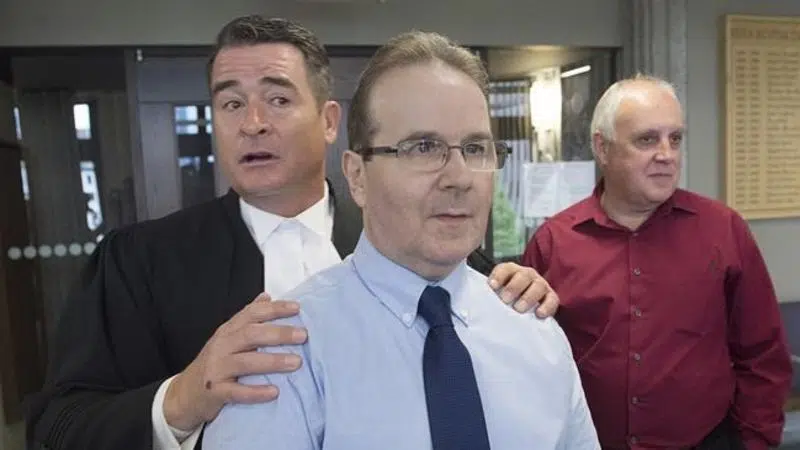
N.S. minister holds off comment on wrongful conviction case due to past as Mountie
HALIFAX — Nova Scotia’s justice minister — a retired Mountie — says he’s waiting for a ruling on whether he has a conflict of interest before commenting on revelations the RCMP erased evidence in the case of a man wrongfully convicted of murder.
Mark Furey says he wrote the province’s conflict of interest commissioner Tuesday seeking guidance on whether he can respond to the case of Glen Assoun.
He says there have been suggestions that his 32-year career as an RCMP officer in Nova Scotia might compromise his ability to make impartial decisions on the matter, prompting his letter to former chief justice Joseph Kennedy seeking an opinion.
“There’s some connection between my previous employment and this file,” Furey told reporters.
